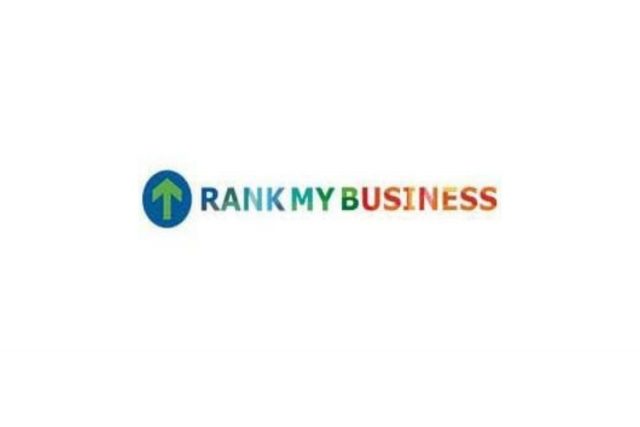February 14: When considering search marketing, Search Engine Optimization (SEO) and Paid Google Ads (PPC) are two choices businesses can have a hard time pondering upon.
While the two fall under the same umbrella, organic and paid search follow two completely different approaches, this is something really important to consider if you want to grow your online business ahead of your competitors.
According to reports, it’s estimated that 53% of the entire website traffic is generated from organic search alone. While that’s a reason to favour SEO, it’s also worth noting the popularity of PPC Google Ads is enormous, with an estimated 96% of brands splurging money on Google Ads.
So does that mean SEO has the edge over Google Ads in terms of growth ROI, or is it the other way around? Or, can the two be used in conjunction to promote a higher marketing goal?
Having led an SEO and PPC marketing agency that’s helped businesses scale up their online marketing across a global footprint, I believe it’s crucial to get into the nitty-gritties of these integral components side-to-side before making a decision.
SEO vs. Google Ads: What You Should Know
Before delving further, it’s essential to note that there’s no clear winner. I.e. We cannot say SEO is better than Google Ads or the contrary. Both have their fair share of pros and cons, both need a good bit of investment, and both can be notoriously difficult on a technical level.
For businesses having a hard time deciding among the two, here’s some pointers to get started.
SEO as a Long-term Investment Strategy
The essential thing to understand about search engine optimization is the magnitude of growth it offers over the years. As much as SEO takes a pretty long time to demonstrate results, the returns it pays last much longer. That’s no surprise since the Google search results in the top 3 bag as many as 75.1% of all the clicks.
In this way, businesses can still continue to rank up ahead of the competition for months even if their SEO work sees a pause, for keywords with low or medium competitive value.
It’s also vital to note a robust and well-planned SEO campaign is geared not only towards search but the overall web presence of your business. Whether it’s high-quality content generation, solid link building or technical SEO optimizations, they all go on to establish an authority. From this perspective, SEO becomes a multi-faceted marketing gambit rather than just a mere campaign.
At our own digital marketing firm, we experiment with SEO campaigns across multiple metrics and are always surprised with the level of impact they leave on conversions and growth. While those are some promising aspects of SEO, businesses also need to be aware of certain factors about SEO in general.
Rankings and Traffic are Subject to Change in SEO
SEO, while offering a great in-bound traffic, is subject to constant search engine algorithmic changes. This can impact your performance and growth if not addressed sooner.
Though the end result of doing SEO results in free traffic and lead generation, there’s still a bit of investment involved. That could be in the form of investing time to write high-quality content, or hiring an agency to do it for you.
Google Ads as a Short-term Tool for Fast, Targeted Traffic
In comparison to SEO that focuses on delivering long-term growth, Google Ads are primarily intended for more short-term and quick gains. This is the reason why a lot of industries like retail, ecommerce, and travel profit from Google Ads, which amounted to a whopping $146.92 billion USD in revenue.
Google Ads pave the way for businesses that want to get a direct exposure to a crowd of audience through search. The Google Ads platform makes it easier for businesses to target precisely the audience they want at a granular level.
Given the sometimes exorbitant cost associated with paid ads, businesses can successfully generate high-quality leads, if used wisely with persistence and planning. A huge benefit of running Google Ads is their flexible yet swift nature, and the ability to track and monitor performance for better optimization.
As soon as your ad campaign is approved and is up and running, you can immediately start generating traffic which otherwise would take time with SEO. That being said, Google Ads come with their own fair share of traits businesses need to understand.
Google Ads Might Not Be for Everybody
Based on the industry your business belongs to, the CPC bids can sometimes be quite high especially for niche businesses. This can be expensive for businesses that are just starting out and who are low on budget.
Also, while you may rank for best bidding keywords and get search traffic through your ads, the traffic is subjected to your overall ad budget. This means once your ad budget runs out, your traffic inflow disappears.
SEO, Google Ads, and the Big Picture
As much as SEO and Google Ads might seem different to one another, the two can otherwise be made to work holistically. This means you can balance out the negative aspects of both and make them work to your advantage to serve a higher marketing goal.
For instance, you can fetch crucial metrics such as clicks and conversion from your AdWords campaign and use them to better your on-going SEO campaign. Or input key findings from your SEO campaign such as best working keywords to leverage your PPC campaigns.
Such an integrated campaign strategy combining SEO and Google Ads will not only help increase visibility and drive conversions but will also offer a consistent experience. Best of all it will help you streamline your overall digital marketing efforts and might be the ultimate game changer for your next digital marketing strategy.
- Mr. Kunal Shah, CEO, Rank My Business
- https://rankmybusiness.in/






























